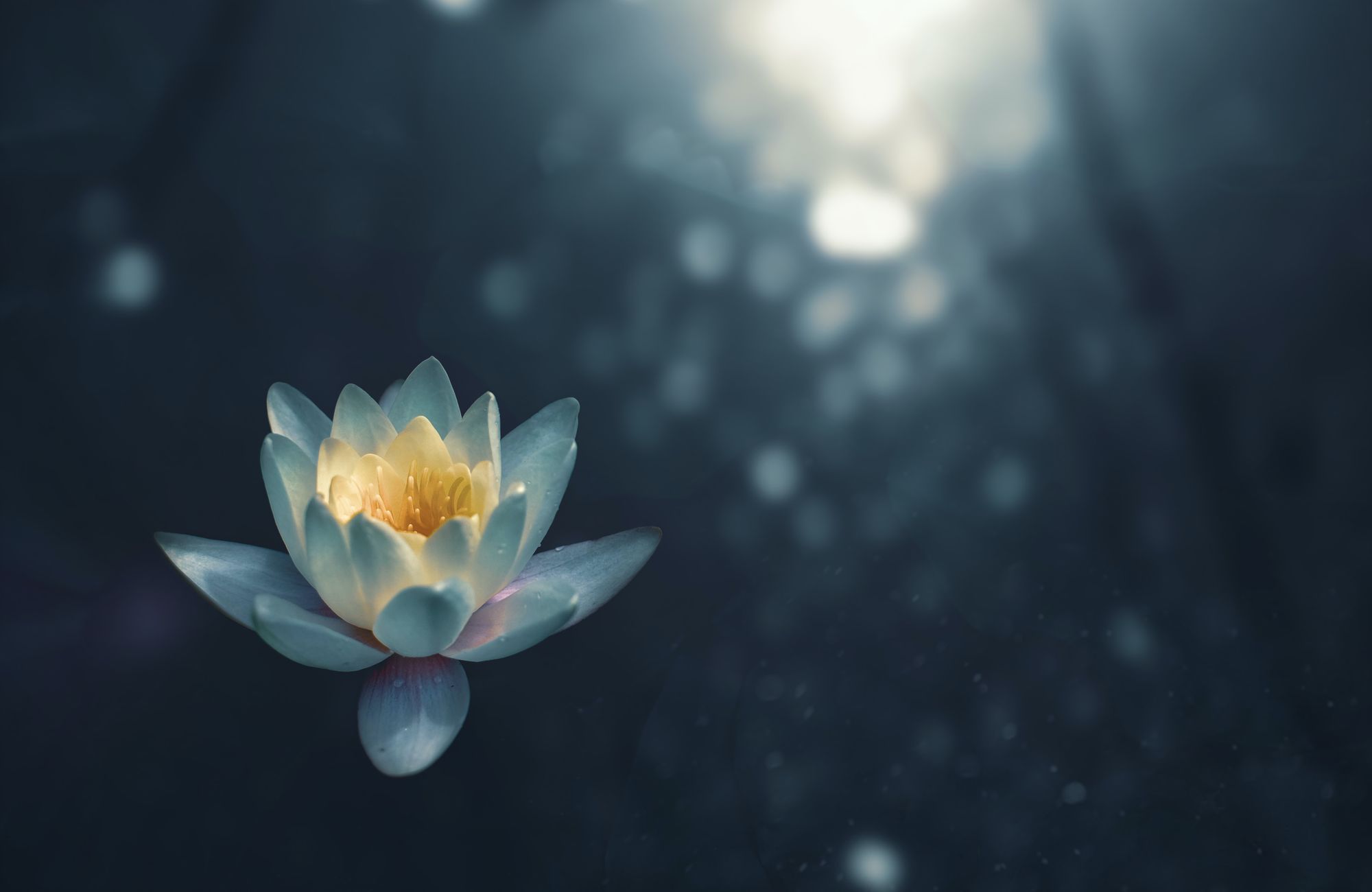Honoring Your Potential
What is your potential?
Our culture views potential as a measure of excellence. It is something to live up to, reach or achieve. Our cultural view of potential is wrapped up in concepts of success, fame, power, and wealth. It is very goal or results oriented.
The soft underbelly of viewing your potential in this way is that it is built on a subtle, and often unnoticed poverty mentality. Right now, you are not good enough, you can do more, you can do better. Our true value, our fulfilled value, lies outside of us in some distant future. When we talk to ourselves this way, we find ourselves filled with doubt, self-criticism, even self-hatred. This negative self talk ends up devaluing our present work and our past contributions.
Another problem with this view of our potential as some accomplishment or happiness in the future is that we are always chasing an image in our heads. We create an image of who we could be, or should be, based on ideas and expectations that are largely shaped by our materialistic culture. We find ourselves shaped by outside forces, creating tension between our own values and aspirations and the demands of the world around us.
The last problem with this view of our potential as our future excellence is that it achieves its stated goal! People from all walks of life end up being very successful, rich, famous, and having incredible influence in the world. This view allows people to accomplish great things, but often when they arrive at their desired goal they find that they are still unhappy, still dissatisfied, still unfulfilled. They find themselves in a nice house with everything they could want, and yet there is a persistent sense of loss or longing. All of their dreams and aspirations have come true, and yet hidden from view in their own private world, they are still suffering.

When I talk about honoring your potential, I am talking about your innate potential. Throughout history, this has been known by different names, your true nature, daimon or genius, tathagatagarbha or buddhanature, or True Self.
More than raw talent or potential ability, genius gives a person their unique way of being in and contributing to the world.
-Micheal Meade, The Genius Myth
Our true self remains deeply hidden, incognito, submerged beneath a web of mistaken identities.
-Stephen Cope, Yoga and the Quest for the True Self
All beings, though they find themselves with all sorts of afflictions, have a tathagatagarbha that is eternally unsullied, and that is replete with virtues no different from my own.
-Buddha, Tathagatagarbha Sutra
When the Buddha taught about innate potential he used several useful metaphors that can help us understand how our potential is present right now. One metaphor is of a precious golden statue of a Buddha hidden beneath your house. The owner of the house doesn't know that the statue is there, so they end up working so hard to accomplish their aims, when the very ground they stand on is the source of infinite wealth and enjoyment.
Another metaphor is a precious statue of a Buddha wrapped in rags. We don't see the value within, we just see the outer trappings. The dirty shirt, the greasy rags, the unkept appearance. And yet, right there amidst the ordinary drab fabric of our everyday life is something extraordinary and remarkable.

In yoga circles and in Buddhist teachings, you often find phrases like "Awaken your Potential", "Find your True Self", "Awaken the Buddha Within". The implicit meaning here is that your true nature is asleep, and that your ego or false self is behind the wheel directing the course of your life. The journey of awakening and self-discovery becomes one of activating or waking up that dormant true nature.
Wake up! Wake up!
You might connect with your true nature for brief moments- in meditation, during yoga, or on retreat, but largely that experience is momentary and quickly lost on you. You find yourself again and again back in your car with your ego at the wheel.
In Tibetan Buddhism, the ancient practice lineages of Mahamudra and Dzogchen make an even more radical claim: that your true nature is fully evident, right now, from the very beginning, but it is not recognized.
Honoring your potential means to recognize your true nature, your innate buddhanature, your inner genius, as it is and has always been. In Dzogchen, this true nature is introduced as ever-present open presence, or rigpa in Tibetan.
Pure presence is your true nature, your innate Buddha potential actualized, your unerring and authentic True Self. It is the ground of being, the marvelous primordial state. Ever-present open presence is something that you can sit with, learn to step into and walk with. It is something that you can carry into the world and share.
You can recognize and familiarize yourself with your true nature as ever-present open presence. You can honor your potential by doing the Inner Work to make it fully evident, eliminating doubt and uncertainty and gaining confidence in natural freedom. You can honor your potential by doing the Outer Work needed to carry it into your daily life, learning how to be open, available and responsive, and learning to share gifts of dignity, kindness and compassion.
Asking the question, how can I be present and responsive, contributing meaningfully and purposefully to the world around me?
Answering that question becomes a life's work.
The result is the practice, not some far off destination. The result is not a different or more magical reality than the world around you. You might be in the wilderness, in the darkness, but you are not lost. You know how to find your way.
Honoring your potential, day in and day out for a lifetime, becomes the ground for your own accomplishment and happiness, but also the ground for helping others and working together to make the world a better place.
Action Steps:
- Read: Finding your Inner Compass (Know Thyself)
- Read: Introducing your true nature
- Read: Innate value vs earned value
- Buy: A special notebook for taking notes along the way, capturing insights and inspiration, and the art of contemplative journaling.
- Explore: Wayfinding resources, tools and skills